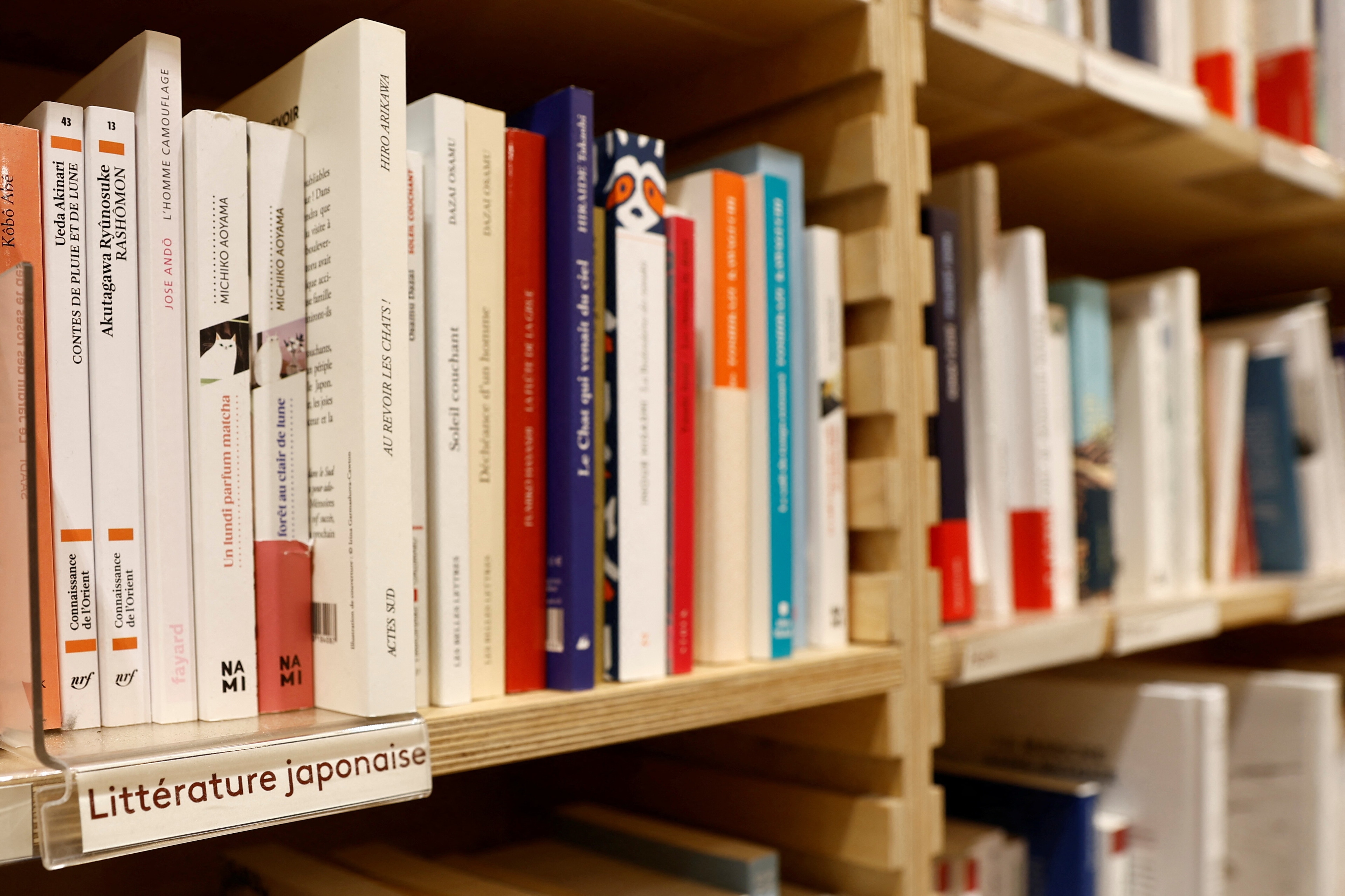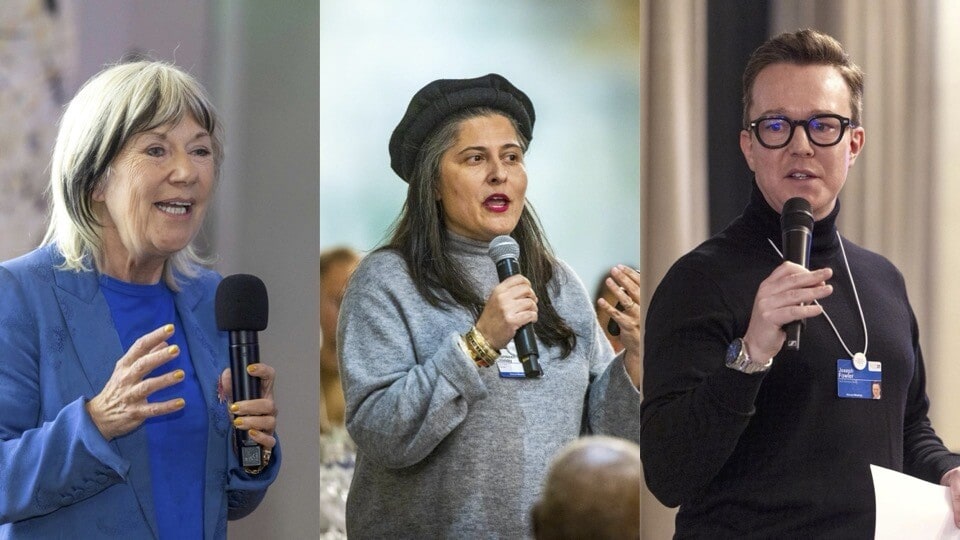Book review – David & Goliath: Underdogs, Misfits and the Art of Battling Giants


Malcolm Gladwell, author of The Tipping Point, is a consummate storyteller. He reaches into the collective consciousness and bends our worldview to fit his hypotheses in a beguiling, and mostly satisfying, way.
In David & Goliath: Underdogs, Misfits and the Art of Battling Giants, he plays with the idea that “our greatest strength may also be our greatest weakness”. He challenges our notion of the fair fight by investigating “What happens when ordinary people confront giants?”
As the title suggests, his primary metaphor is the biblical story of David and Goliath. He postulates that David, far from being a defenceless shepherd, is a seasoned marksman armed to the teeth with the latest slingshot weaponry. Goliath is not the invincible warrior we first perceive, but a man suffering from gigantism, who is so encumbered by expectations, armour and tradition that he needs a guide to lead him on to the battlefield.
Why is it, Gladwell asks, that ordinary people are so rarely willing to exploit their advantage, (even in life-and-death situations) that when they do, they become the stuff of legends? His answer is that Goliath’s greatest vulnerability and David’s greatest strength are not their weaponry but their divergent world views. David, as a shepherd, places no importance on military propriety. Goliath, as a seasoned warrior, anticipates a fair fight. This schism is the real gap through which David slings his stone.
Gladwell pursues this theory through three acts: Part one looks at the advantages of disadvantages, and vice versa. Part two observes that most ordinary people fail when they fight giants, and examines what strengthens some to become exceptional. Part three considers what weakens giants.
The three acts unfold in chapters whose stories roll out like feel-good movies: There’s the story of the New York police chief who tames the city’s most lawless housing project; a grieving father finds justice for all; and a tempestuous doctor cures childhood’s cruellest disease. Other examples include Lawrence of Arabia, the civil rights movement, and The Troubles in Ireland. All show desperate people asking themselves: Should I play by the rules or follow my own instincts? Shall I persevere or give up? Should I strike back or forgive?
Some readers might recognize Gladwell’s New Yorker magazine article from 11 May 2009, “How David Beats Goliath”. It’s an inspiring story about a Junior High basketball team’s unlikely rise from obscurity to the championships. In this story, small 12-year-old girls from Silicon Valley use a manoeuvre called a full court press to pressure their opponents to play one-on-one. It’s a technique that gives advantage to players who have no talent for basketball – and enrages the coaches of teams who do.
However, the point is that it’s not in the spirit of a game still being learned by young players. This is David being David to defeat Goliath. The example leads to Gladwell’s other questions: What allows some people to be socially disagreeable and to exploit their opponent’s weakness? What happens when that sense of injustice hardens into revolution?
Underpinning his hypothesis is the inverted U-curve, a formula that indicates there’s no such thing as unmitigated good. Left unchecked, the most obvious benefit is eventually outweighed by onerous cost. Ultimately David will turn into Goliath, and vice versa.
There’s an originality to this idea, and a slickness in the telling, which leaves the reader in no doubt of Gladwell’s towering intellect. Which is ironic, since that will probably attract many Davids to come out and throw stones.
David & Goliath: Underdogs, Misfits and the Art of Battling Giants is published by Little, Brown and Company.
Read more book reviews on the Forum:Blog. Titles are selected in collaboration with getAbstract.
Author: Sheridan Jobbins is a journalist and screenwriter.
Image: Two boys play basketball as the sun sets in El Crucero, Nicaragua, March 13, 2007. REUTERS/Oswaldo Rivas
Don't miss any update on this topic
Create a free account and access your personalized content collection with our latest publications and analyses.
License and Republishing
World Economic Forum articles may be republished in accordance with the Creative Commons Attribution-NonCommercial-NoDerivatives 4.0 International Public License, and in accordance with our Terms of Use.
The views expressed in this article are those of the author alone and not the World Economic Forum.
Stay up to date:
Arts and Culture
Forum Stories newsletter
Bringing you weekly curated insights and analysis on the global issues that matter.
More on Arts and CultureSee all
Elena Raevskikh and Giovanna Di Mauro
October 22, 2025






